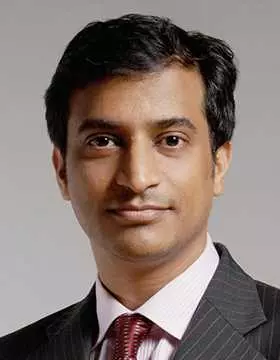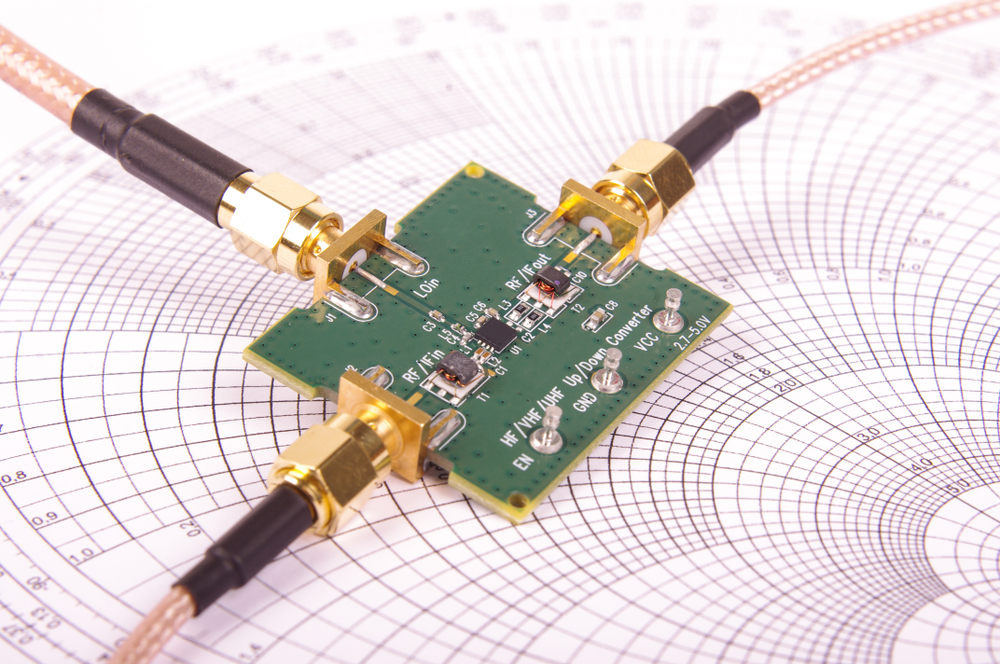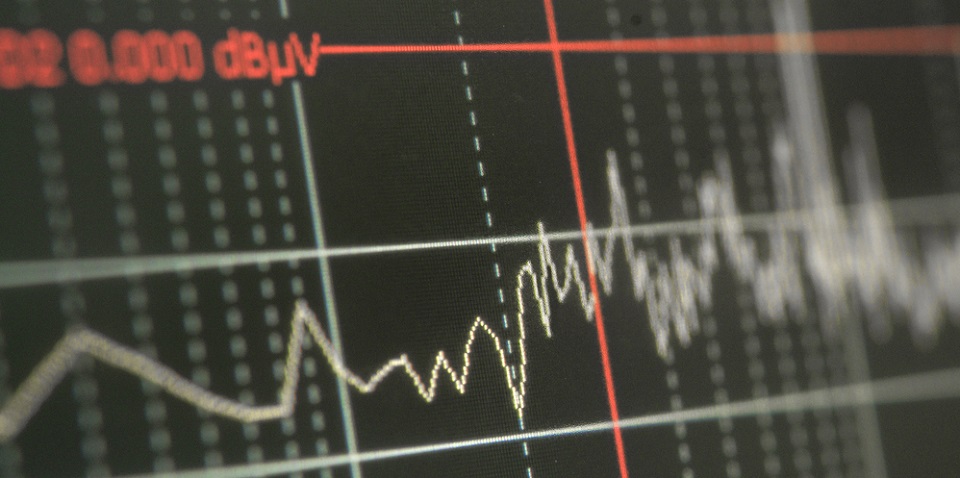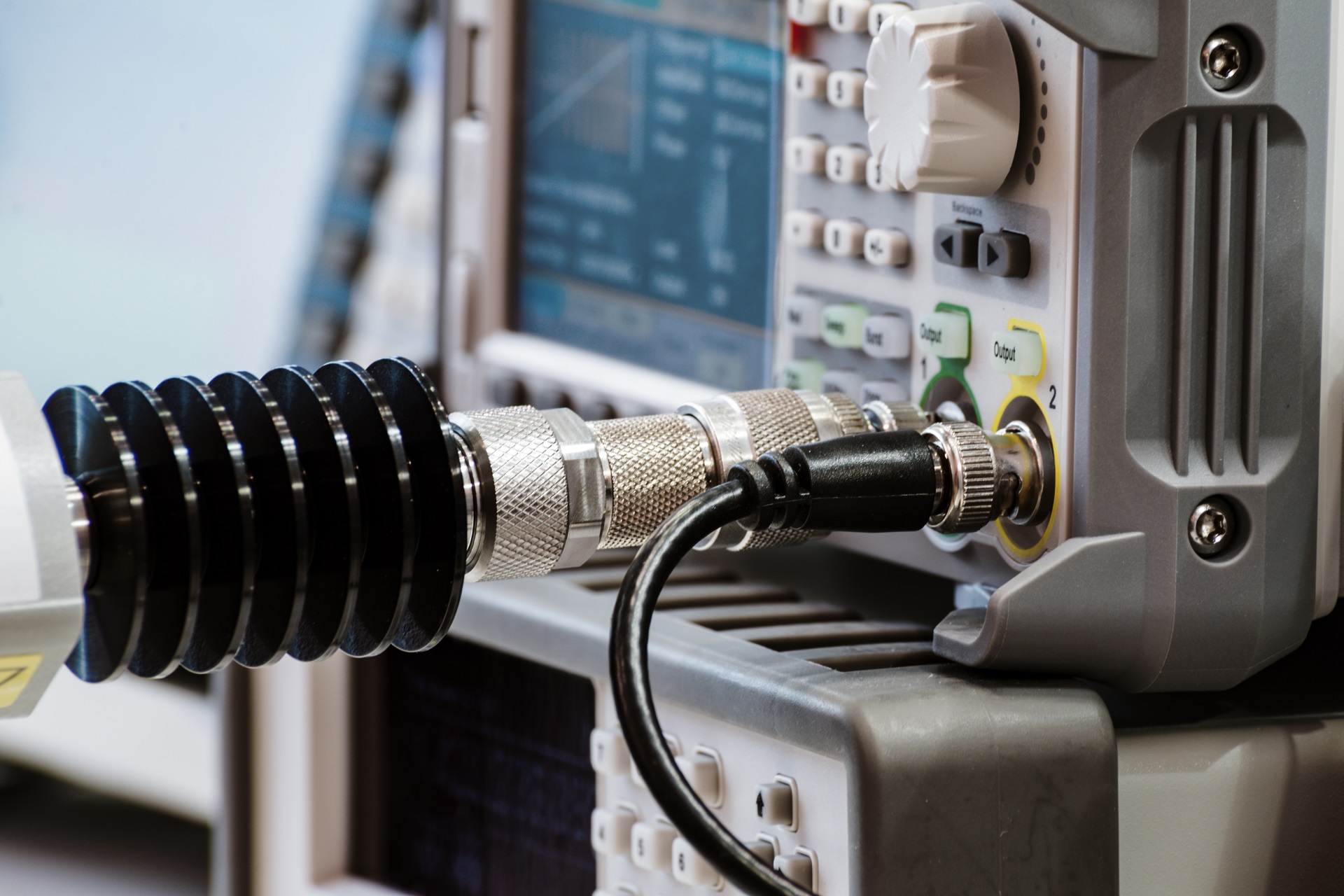
Course Overview
There has been an explosive proliferation in the use of radio frequency technology for a variety of applications in recent years. This is largely driven by the advances in microelectronics, semiconductor technology, and RFICs.
Explosive growth in application areas such as wireless communications, moving beyond human connectivity to the connectivity of machines, sensors, and devices, has been fueled by the advances in RF technology. This course has a mix of both theoretical and application-specific topics with hands-on learning and demonstrations. To provide experiential learning opportunities for participants, there will be demonstrations on the application areas of a wireless communication system using a Software Defined Radio (SDR) platform and a radar system using a mmWave radar sensor platform.
This course is designed to go in-depth into the theory behind the functional blocks as well as the application aspects. Participants will also be able to deepen their knowledge and understanding of designing and troubleshooting various high-frequency electronic system applications.
Who Should Attend
- Practising engineers who are involved in designing, developing, producing, and testing RF and wireless components, circuits, sub-systems, and systems
- Technical staff and product managers who wish to upskill their knowledge of RF systems
What You Will Learn
Passive Devices
- Introduction, lumped circuit elements (R, L and C) and realisation
- Resonators and filters
- Transmission line theory and effects (steady-state and transient effects)
- S-parameters
Active Devices
- RF amplifiers and effects: Efficiency, non-linear effects, inter-modulation distortion
- Mixers and oscillators
RF Systems
- Noise and noise figure
- Analysis of cascaded systems
- Transceiver architectures
Application
- Wireless communications and modulation techniques
- Software defined radio – principles and demonstrations
- Radar systems and demonstrations
Teaching Team

Neelakantam V. Venkatarayalu
Associate Professor/ Prog Leader, Engineering, Singapore Institute of Technology
Schedule
| Day | Time | Topic |
|---|---|---|
|
Day 1 |
9:00 am – 4:00 pm | Classroom Training |
| 4:00 pm – 6:00 pm | Practical Demonstrations | |
|
Day 2 |
9:00 am – 12:30 pm | Classroom Training |
| 1:30 pm – 4:30 pm | Practical Demonstrations | |
| 4:30 pm – 6:00 pm | Assessment and review |
Certificate and Assessment
A Certificate of Participation will be issued to participants who:
- Attend 75% of the course
- Undertake and pass non-credit bearing assessment at the end of the course
Fee Structure
The full fee for this course is S$2,616.00
| Category | After SF Funding |
|---|---|
| Singapore Citizen (Below 40) | S$784.80 |
| Singapore Citizen (40 & Above) | S$304.80 |
| Singapore PR / LTVP+ Holder | S$784.80 |
| Non-Singapore Citizen | S$2,616.00 (No Funding) |
Note: All fees above include GST. GST applies to individuals and Singapore-registered companies.
Course Runs
Frequently Asked Questions
-
What coding skills do I need for this programme?
No programming skills are required for this programme. Software such as LTSpice, ADIsimRF will be provided during the course.
New Engineering Micro-credentials Launching Soon!
Exciting news! We are introducing new micro-credentials in Electrical and Electronic Engineering & Infrastructure and Systems Engineering. Be among the first to know by registering your interest today! Register now →



